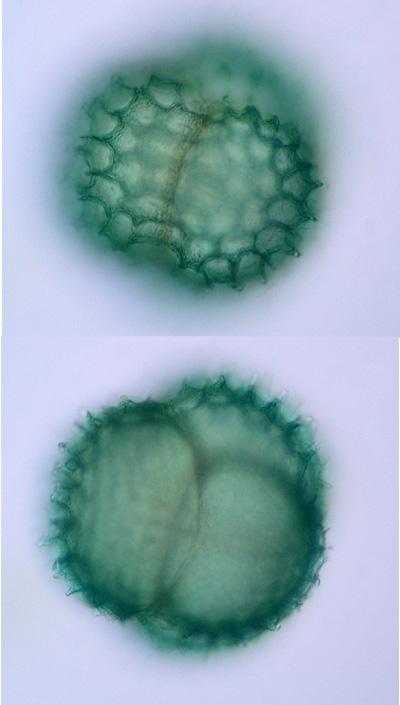
post-119-1112724285.jpg from: https://forum.mikroscopia.com/topic/2239-sphaerocarpos-michelii-bellardi/
Introduction
In the vast and captivating world of bryophytes, the Sphaerocarpos michelii Bellardi moss stands out as a remarkable member of the Sphaerocarpaceae family. Also known simply as Sphaerocarpos, this unassuming yet fascinating plant has captured the interest of enthusiasts and researchers alike. Let’s delve into the intriguing realm of this moss, exploring its unique characteristics, global distribution, and ecological significance.
Background
Before we dive into the specifics of Sphaerocarpos michelii Bellardi, it’s essential to understand its place within the broader context of bryophytes. Bryophytes, which include mosses, liverworts, and hornworts, are among the oldest and most primitive land plants on Earth. They belong to the division
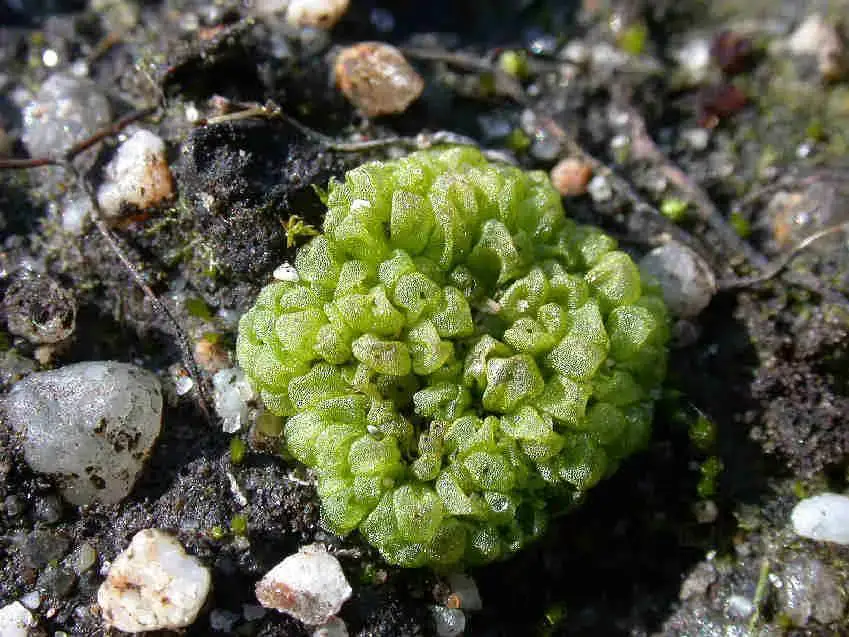
Sphaerocarpos_sp_002C.JPG from: https://cisfbr.org.uk/Bryo/Cornish_Bryophytes_Sphaerocarpos_michelii.html
Marchantiophyta (liverworts) and Bryophyta (mosses), collectively known as the Marchantiopsida.
Main Content
Morphology and Identification
Sphaerocarpos michelii Bellardi is a thallose liverwort, meaning it grows in a flat, ribbon-like form without distinct stems or leaves. Its thallus is typically green to yellowish-green in color and measures only a few millimeters in size. One of its most distinctive features is the presence of
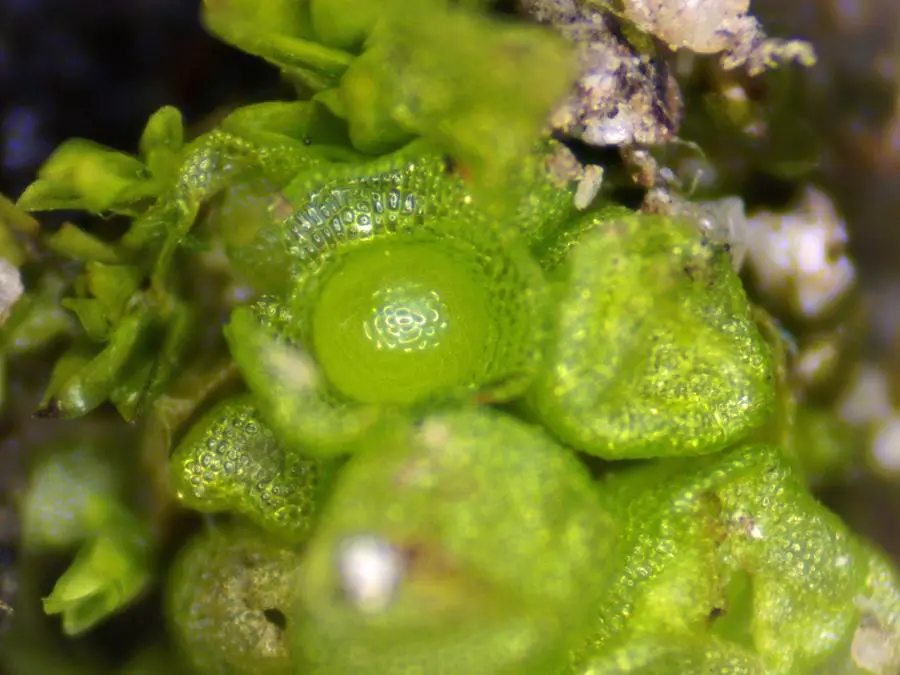
gestekeldeblaasjesmos211.jpg from: https://www.natuurkijkers.be/nl/inspiratie/1265/mossen-bryophyta/gestekelde-blaasjesmos-sphaerocarpos-michelii
spherical sporangia (spore-bearing structures) that give the genus its name, “Sphaerocarpos” (meaning “spherical fruit”).
Global Distribution and Habitat
This moss has a widespread distribution, occurring on various continents, including Europe, Asia, Africa, and North America. It thrives in a range of habitats, from arid and semi-arid regions to temperate areas.
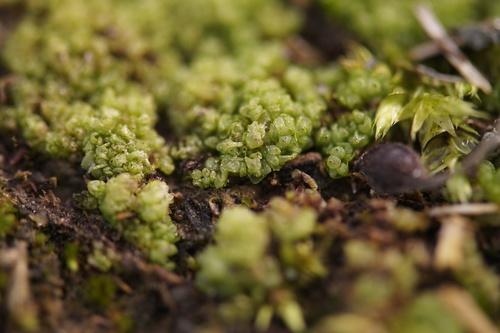
medium.jpeg from: https://www.inaturalist.org/taxa/56435-Sphaerocarpos-michelii
Sphaerocarpos michelii Bellardi is often found growing on bare soil, rock crevices, or disturbed areas, where it can take advantage of the limited moisture and nutrient resources.
Ecological Roles and Adaptations
Despite its diminutive size, Sphaerocarpos michelii Bellardi plays a crucial role in its ecosystem. As a pioneer species, it helps stabilize and enrich soil, paving the way for other plants to establish themselves. Additionally, this moss is well-adapted to survive in harsh environments, thanks to its ability to undergo desiccation (drying out) and revive
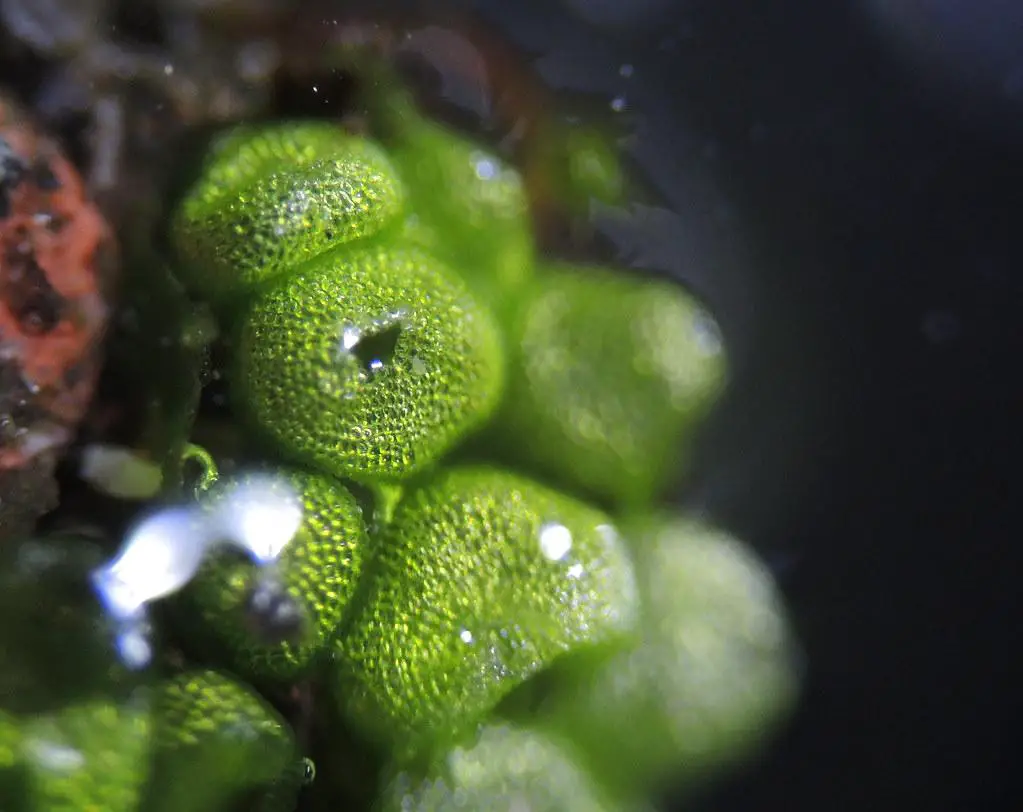
49689791547_51f7002235_b.jpg from: https://www.flickr.com/photos/23980231@N07/49689791547/
when moisture becomes available again.
Case Studies/Examples
One notable example of the ecological importance of Sphaerocarpos michelii Bellardi can be found in the Mediterranean region. In areas with limited vegetation cover, this moss acts as a soil crust, preventing erosion and promoting the establishment of other plant species. Its presence has been shown to increase soil fertility and water retention, creating a more hospitable environment for plant growth.
Technical Table
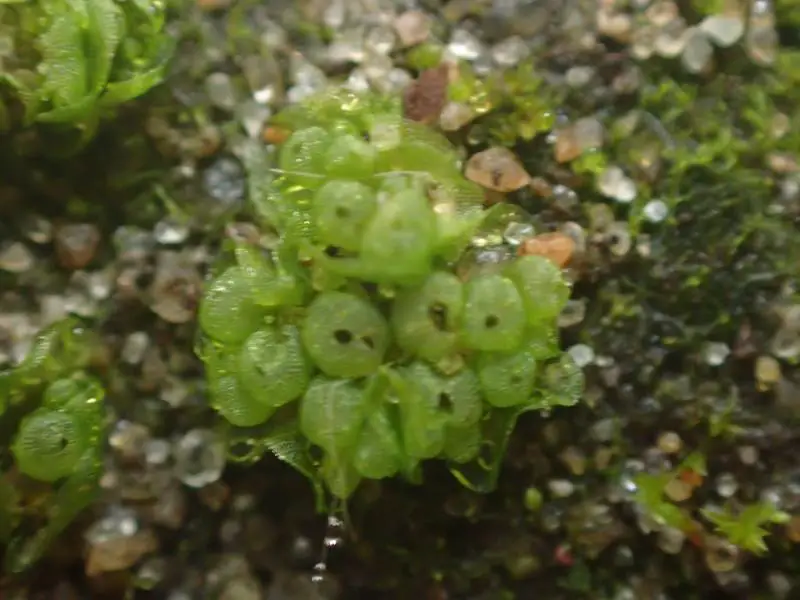
12206585.jpg from: https://waarneming.nl/waarneming/view/125797481
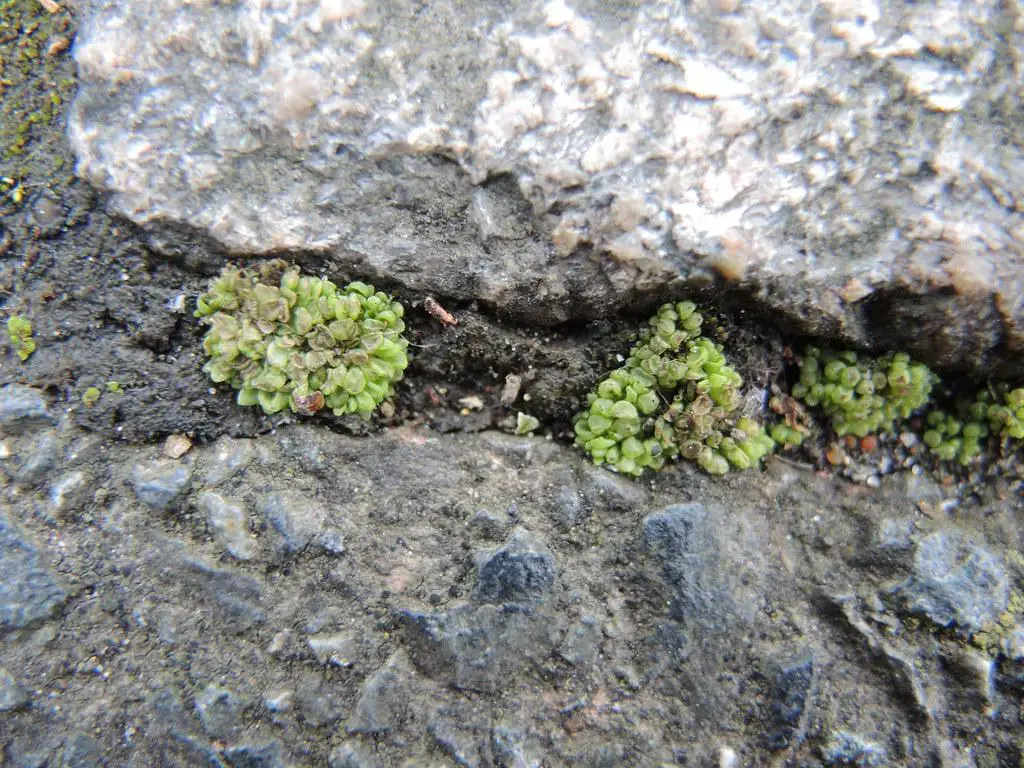
49689484826_1be79b9e5b_b.jpg from: https://www.flickr.com/photos/23980231@N07/49689484826/
| Characteristic | Description |
|---|---|
| Scientific Name | Sphaerocarpos michelii Bellardi |
| Family | Sphaerocarpaceae |
| Division | Marchantiophyta
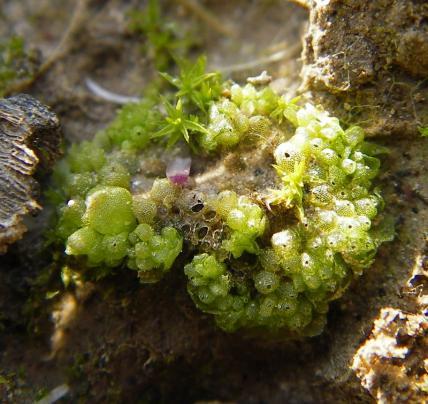 sphaerocarpos_habitus.jpg from: https://nafoku.de/flora/htm/sphaerocarpos_habitus.htm (liverworts) |
| Growth Form | Thallose liverwort |
| Sporangia | Spherical spore-bearing structures |
| Habitat | Bare soil, rock crevices, disturbed areas |
| Distribution | Europe, Asia, Africa, North America |
| Ecological Role | Soil stabilization, pioneer species, soil enrichment |
| Adaptations | Desiccation tolerance, rapid revival |
Conclusion
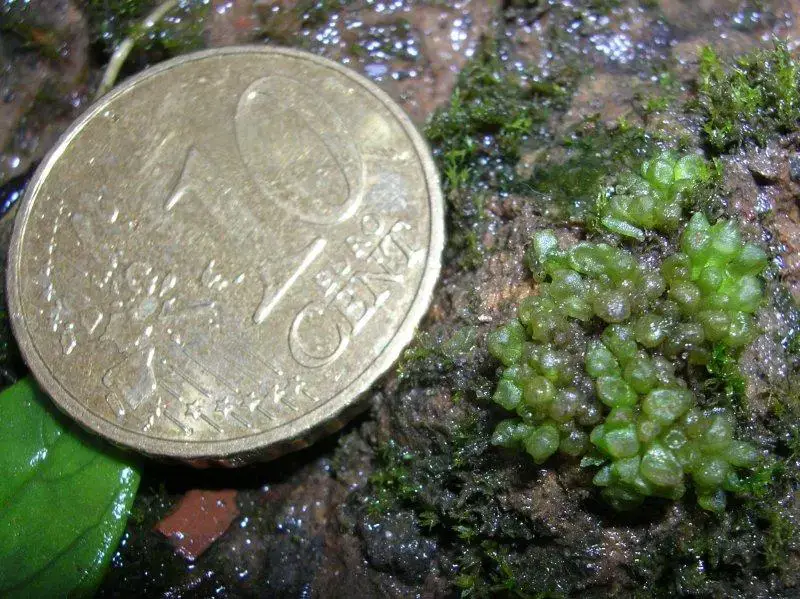
sphaerocarpos_michelii_02.jpg from: https://www.cebe.be/cebe/win_item.php?print=false&file=inventaire&id=3299&l=f&s=1&root=cebe
The Sphaerocarpos michelii Bellardi moss, a member of the Sphaerocarpaceae family, may be small in stature, but its impact on the environment is profound. From its unique morphology and global distribution to its ecological roles and remarkable adaptations, this unassuming plant deserves our appreciation and continued study. As we delve deeper into the world of bryophytes, we are reminded of the intricate tapestry of life that surrounds us, even in the most unexpected places.
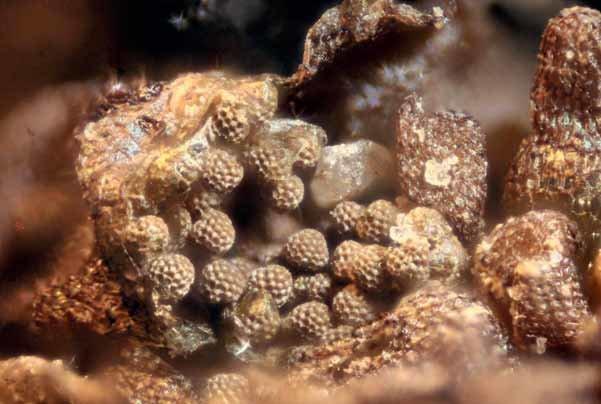
Spores-de-Sphaerocarpos-michelii-sur-les-restes-secs-de-la-plante.jpg from: https://www.researchgate.net/figure/Spores-de-Sphaerocarpos-michelii-sur-les-restes-secs-de-la-plante_fig14_340078126
Ponder this: In a world where we often overlook the smallest wonders, what other hidden gems might we be missing, and how can we cultivate a deeper appreciation for the intricate beauty of nature?